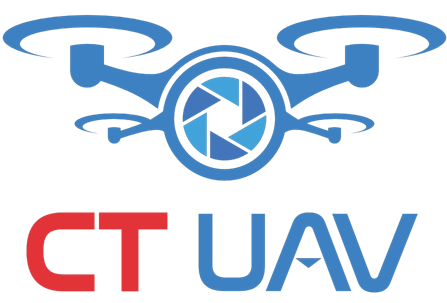A new industrial park in Shijiazhuang, Hebei province, has recently been approved to develop and manage the largest unmanned aerial vehicle (UAV) test flight area in North China, presenting significant opportunities for the growth of the low-altitude economy.
Covering an area of 600 square kilometers, the test zone boasts the capacity for flight testing up to 4,000 meters in altitude, surpassing the typical 3,000-meter limit of conventional test flight areas. This expansion addresses the issue of limited airspace and meets the flight testing needs of numerous aviation companies within the Beijing-Tianjin-Hebei region and across the nation.
Notably, the test flight area is situated primarily in mountainous regions with low population density, offering an ideal environment for UAV testing in real-world conditions. The zone’s capacity to accommodate both unmanned and manned aircraft further enhances its potential application in fields such as emergency rescue, air transport, low-altitude tourism, and pilot training.
The low-altitude economy, which capitalizes on services and applications within lower airspace, is expected to become a robust sector in the coming years. The value of this economy is projected to reach 2 trillion yuan by 2030, with a significant contribution from UAV manufacturing and operational services.
Ongoing projects include the use of UAVs for medical supply transportation, environmental inspections, and logistics. Additionally, a company dedicated to low-altitude airspace management has been established within the industrial park to facilitate the approval process for test flight zones, supporting the continued development of the low-altitude economy.
Cre: China Daily
